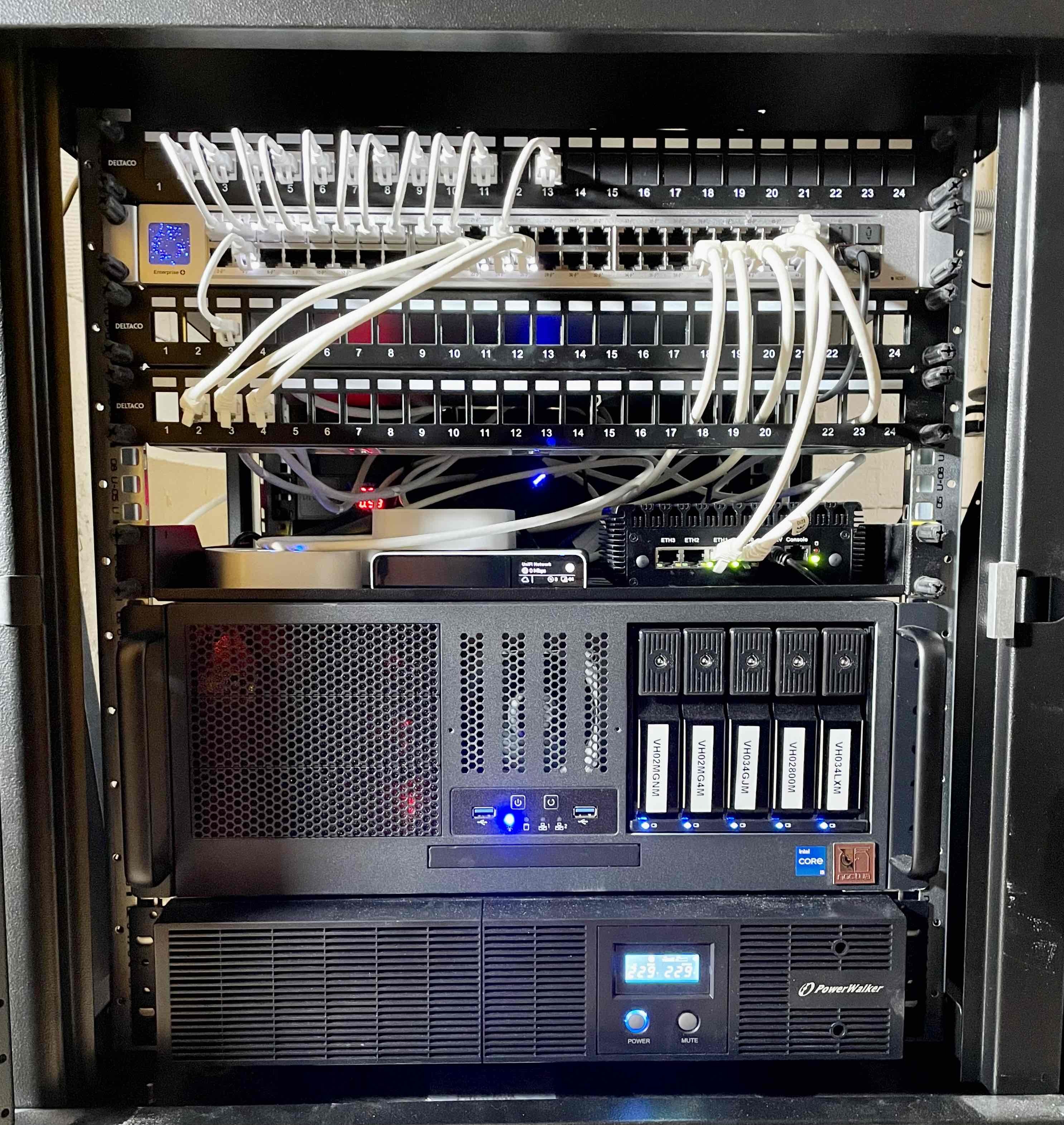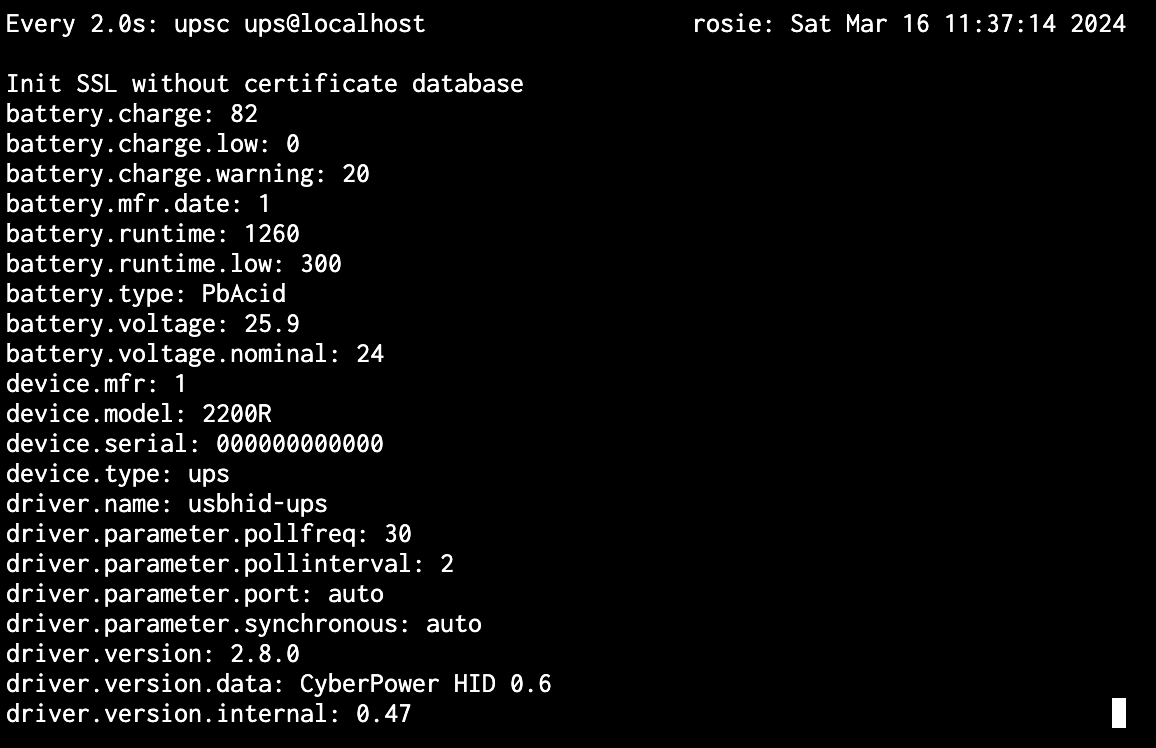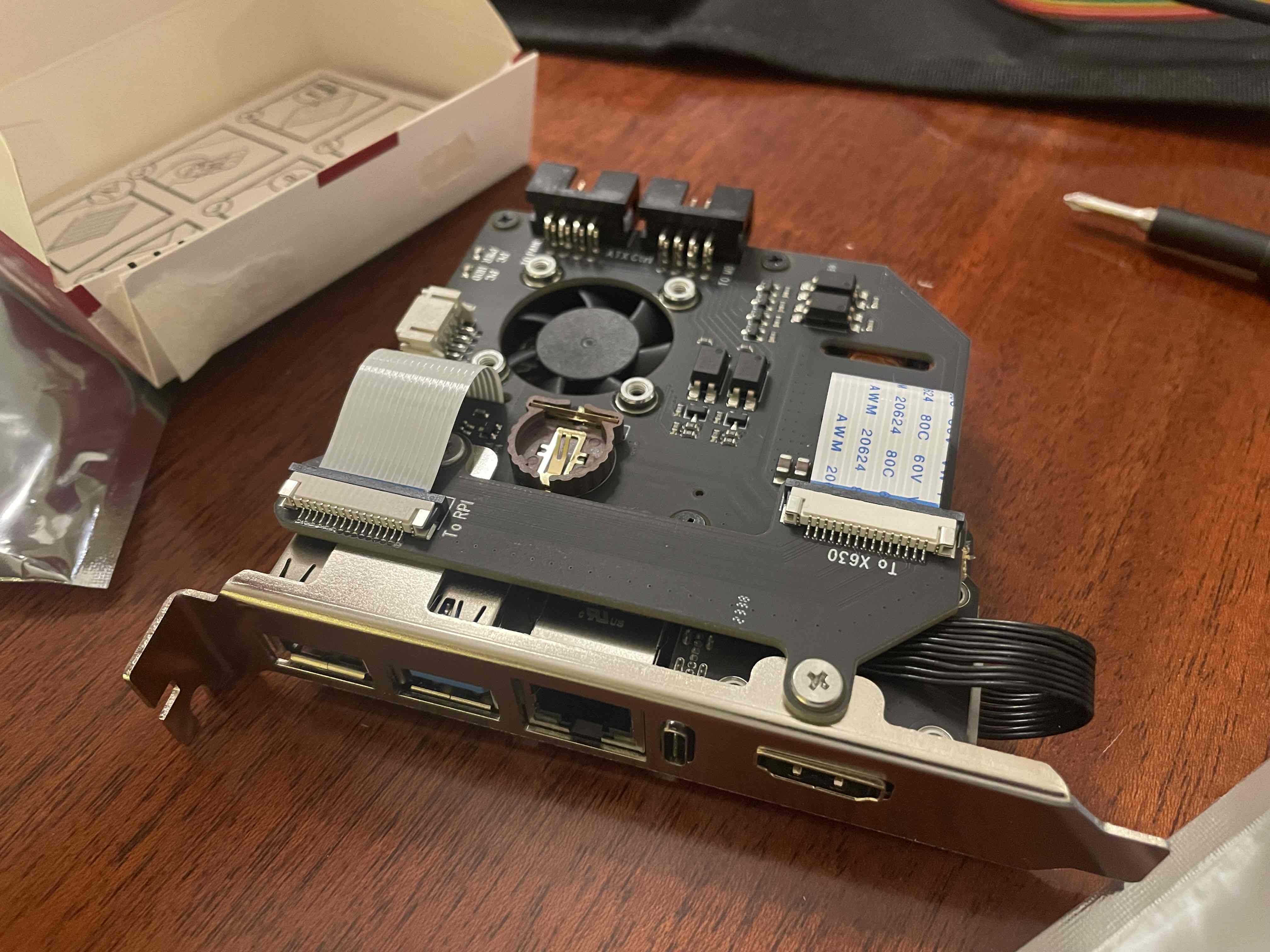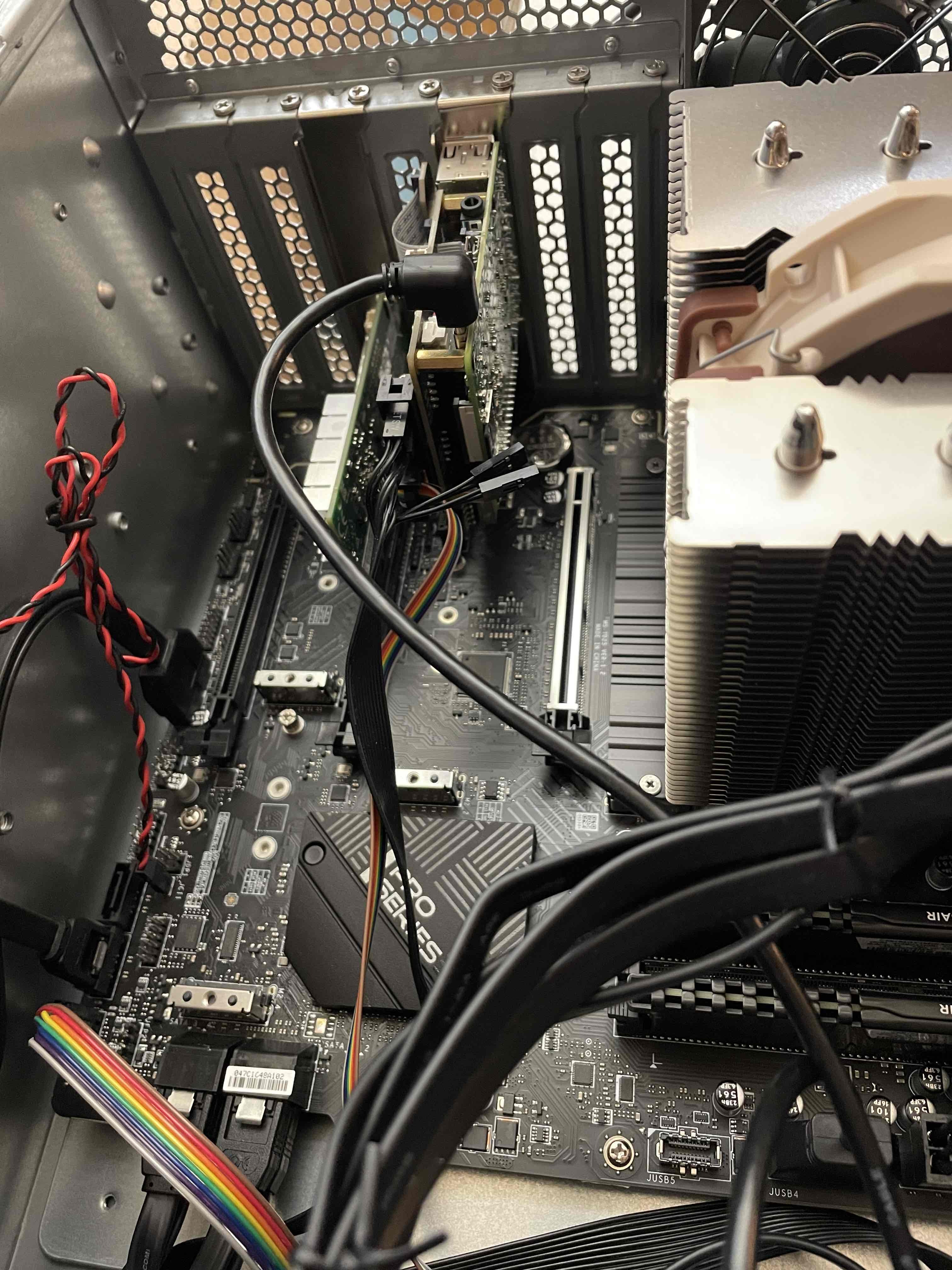As with all things backups, testing and maintenance is key.
Prizephitah
If there were ones that vibrated or had interference enough to affect neighboring units, that would be marketing points. As it is now, no one mentions any of those points. It’s all capacity, I/O and features.
If there were units that showed any of those issues, the reviews would tell.
This unit is basically dead silent in normal operation. During charging and discharging there is an audible hum, but nothing else. I haven’t noticed any vibration or ZFS scrubs reporting corrections.
That’s not true either. Byte can be both powers of 10 and powers of 2. When talking about storage devices like hard drives etc. we usually refer to them in powers of 10, but OS’s usually do it in powers of 2. That’s why your hard drive looks smaller than advertised.
Bits are used for flash memory as individual chips. Assembled devices such as RAM and memory cards are advertised in bytes. I’m imagining that the same goes for hard drive platters and possibly disc media as well.
PiKVM is based on Arch for ARM.
Yes.
Not aware of any such project. I’d assume you’ll need some hardware anyways as you need it for the level of access (ATX etc.). Not sure how that would be preferable to this.
It’s a KVM in the same sense but instead of switching it provides the functionality over a web interface so that I can manage my server from my workstation or laptop instead of crawling in the space beneath the stairs where my server is if something goes wrong. Compare with IPMI.
It’s kind of the point here to occupy the video out as this is a server and has no screen connected otherwise. Normally it doesn’t need one.
Would’ve loved to gotten one of those. But the power consumption of a Xeon is a bit higher than I’d like. This was a nice to have, not need to. It was a Christmas gift from my wife 🥰
There is power/reset and power/hdd LEDs as well as a USB 3 header for mouse and keyboard and flash/disc emulation. That way you can mount an image and boot from that if you want. Super handy for re-installs or troubleshooting tools.
Exactly, it isn’t a replacement. It is redundancy in the form of a screen with keyboard and mouse directly connected, but accessibly from remote (my couch). It is far from my primary interface with the server.





Relaying sensitive information over your own wires are a lot more secure then a privately owned service from a foreign country. It’s just a lot more cumbersome.